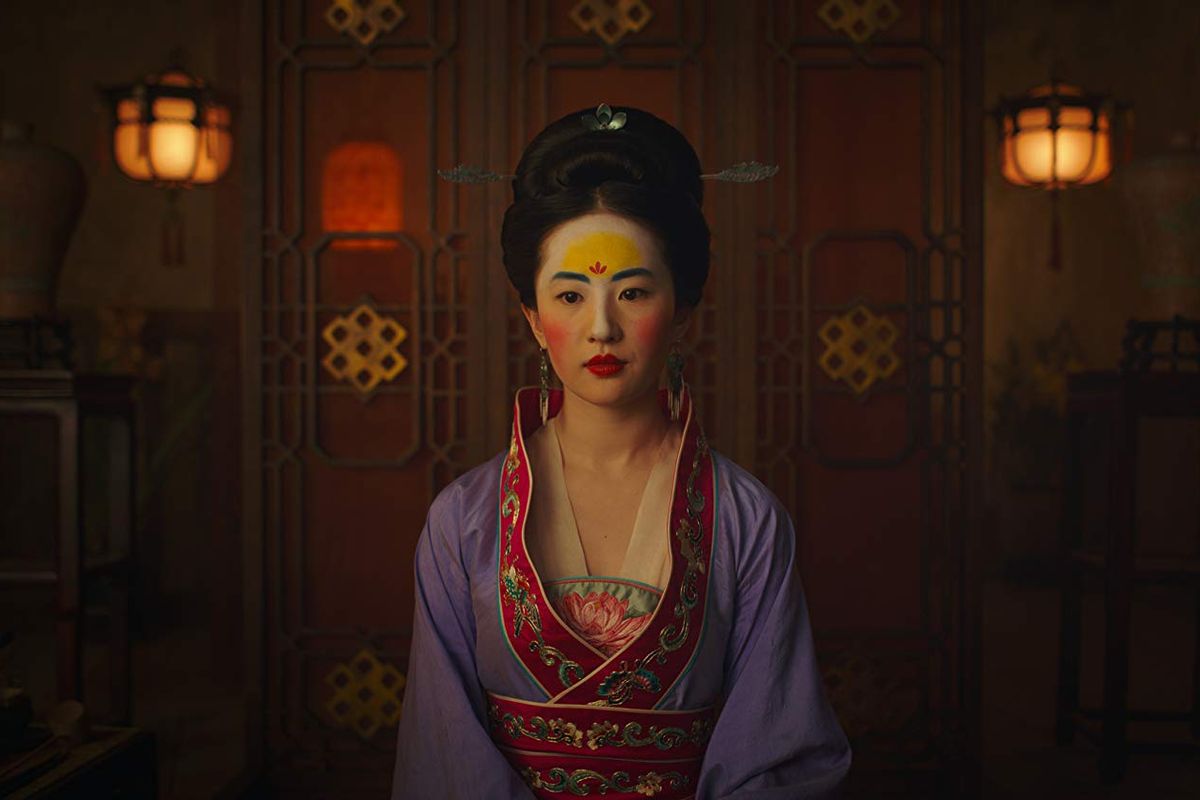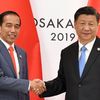Disney Under Fire for Filming "Mulan" Scenes in Xinjiang

Badiucao, a dissident Chinese artist living in Melbourne, said he was currently working on a new cartoon portraying Mulan as a guard at one of the internment camps in Xinjiang to satirize Disney's new film.
"It's very problematic and there's no excuse. I mean, it's clear, we have all the evidence showing what is going on in Xinjiang," he told AFP.
Coronavirus victim
Baduicao accused Disney of "double standards", embracing western social justice movements such as MeToo and Black Lives Matter, while turning a blind eye to China's rights abuses.
The live-action remake of Disney's 1998 animation classic, "Mulan" has had a troubled release.
It was meant to hit global theatres in March but became an early victim of the coronavirus pandemic.
Instead, Disney rocked the industry — and its own cast — by announcing the film would in streamed into living rooms in many markets, including the United States, which it started Friday.
Hollywood has been increasingly accused of hypocrisy over its relationship with authoritarian China.
In August the anti-censorship group Pen America published a report which said screenwriters, producers and directors often change scripts, delete scenes and alter content to avoid offending Chinese censors.
The actions include everything from deleting the Taiwanese flag from Tom Cruise's bomber jacket in the upcoming "Top Gun: Maverick", to removing China as the source of a zombie virus in 2013's "World War Z".
But it also means completely avoiding sensitive issues including Tibet, Taiwan, Hong Kong politics, Xinjiang and the portrayal of LGBTQ characters, the report said.
AFP contacted Disney for comment but has yet to hear back on the Labor Day holiday.
Read also: Netflix Steps Up Its Game as Disney+ Hotstar Readies for SE Asian Market
Xinjiang is a resource-rich region home to mostly Turkic-speaking Muslim Uighurs and boasts spectacular desert and mountain backdrops.
After sectarian unrest and attacks by Uighur militants, Beijing blanketed the region in a draconian security crackdown, building dozens of huge internment camps.


































